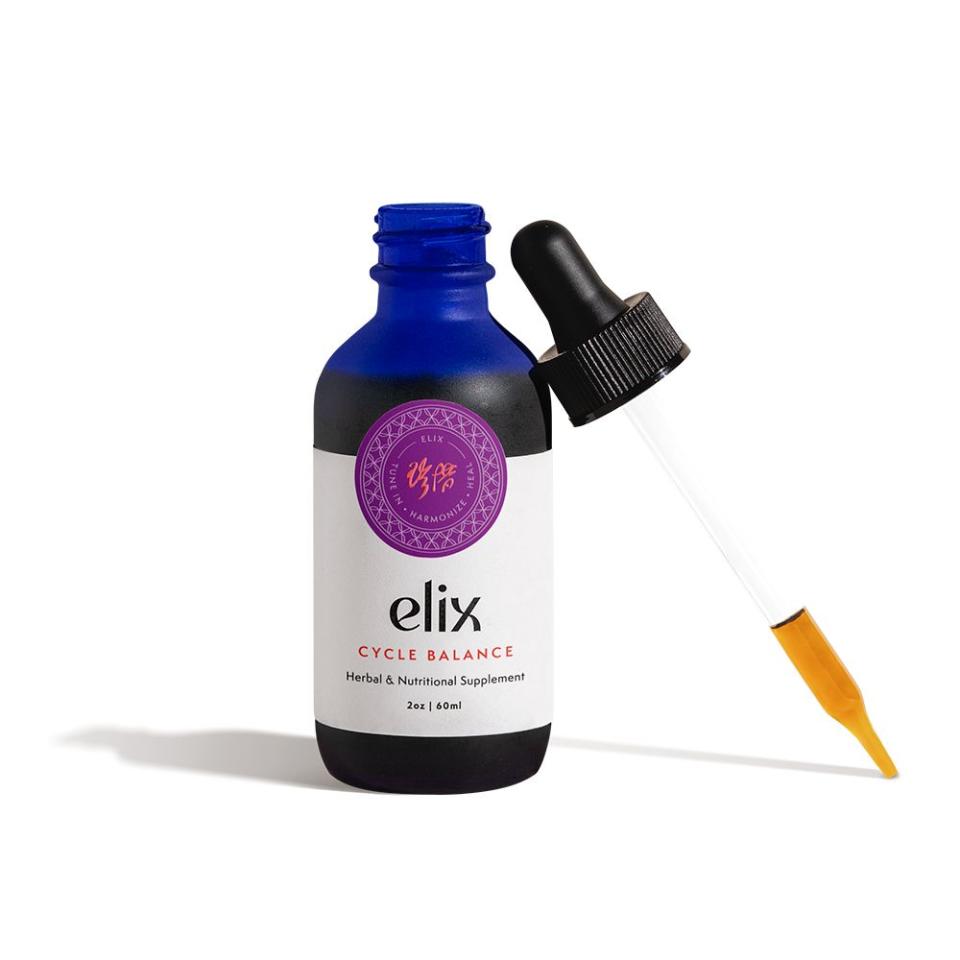The State of Telehealth

Vaccines and masks may be a thing of the past, but one COVID-19-era medical trend is here to stay — telehealth.
Following the pandemic, the space has continued to grow and evolve, offering fast personalized treatment via at-home testing and specialty platforms that focus on ongoing care.
More from WWD
Growth in the space comes as no surprise, as the pandemic forced nearly every industry to go digital. McKinsey & Co. cited the post-COVID-19 telehealth space as a quarter-trillion-dollar economic opportunity. The firm reports that 60 percent of patients find virtual health care to be more convenient than conventional in-office visits, and the American Medical Association reports that almost 85 percent of physicians use telehealth.
Telehealth has dramatically increased access to care. According to a Hims & Hers survey, nearly six out of 10 Americans say access to medical care is a problem where they live.
While telehealth started as a means to offer general health care, more recently a crop of personalized test-to-treatment style start-ups have gained traction across categories like sexual heath, dermatology, hair loss and mental health.
Platforms like Hims & Hers and Ro offer care and prescriptions for an array of concerns including hair loss, weight management, erectile dysfunction, vaginal dryness, chronic skin conditions, fertility and more, while other, more specialized companies like Evernow, are focused on elements of women’s health such as menopause.
Musely, a prescription skin care site, provides consumers with custom prescription formulas and routines based on the results of a three-minute online survey, which requires each patient to take several photos. Each patient’s case is reviewed by a board certified dermatologist.

“Our mission is finding all the hard-to-treat conditions in the dermatology field and even beyond, and then, make the medications available to everybody, make them affordable and make sure it’s extremely efficacious,” said Musely’s founder and chief executive officer, Jack Jia.
Elix, a traditional Chinese medicine brand, has harnessed the telehealth model to offer consumers a personalized tincture called Cycle Balance to treat menstrual symptoms, based on responses to a medical survey. To expand the brand’s level of personalized care, Elix recently introduced virtual one-on-one health coaching.

“Elix 2.0 is looking at how can we take this telehealth-like model that exists, but having it be more of a way that people can make lasting transformational shifts in their health versus a means to an end in simply prescribing a product,” CEO and founder Lulu Ge said. “We’re thinking about it as, ‘How can telehealth enable people to gain awareness into current behaviors and then be inspired to make the shifts?’”
Veracity, an at-home hormone saliva test, offers consumers a personalized report and skin care product suggestions based on their levels. Test results allow the consumer to shop for products that are right for them and offer them additional knowledge when visiting the doctor.

“The right form of personalization is empowering you with the relevant information about yourself so that you can go and make more educated, better choices across any category, whether it be consumer products or medical care,” said Allie Egan, founder and CEO of Veracity.
While these platforms showcase personalized test-to-treatment offerings, they also reflect the rise of another trend: platforms that are hyper-focused on a specific life stage or diagnosis.
While Elix is focused on menstrual care, several other platforms are dedicated to different stages within women’s health care, which is widely under-researched. Four percent of health care research and development funding goes to women’s health in the United States.
For example, Evvy, also a test-to-treatment style platform, is entirely dedicated to the vaginal microbiome with its test and virtual care offerings. Similarly, Proov provides comprehensive fertility testing, virtual physician visits and support products.
Many telehealth platforms, including Elix, offer a subscription model. While this plays into each company’s overall business model, it also offers customers access to ongoing health care.
Rather than visiting the doctor once a year for a physical or only visiting when an issue arises, patients are cared for on a regular basis, whether through one-on-one sessions, regular testing to ensure formulas are evolving with the user’s needs or simply a monthly check-in email.
“We’re a subscription business and so our business model has always been about fostering trust and a deeper, longer term relationship,” said Ge.
While telehealth has proven to be popular with patients because of the convenience, the potential for abuse, particularly with prescription medication, has resulted in the sector coming under increasing scrutiny, as well. According to a February release, the Drug Enforcement Administration (DEA) is considering limiting platforms’ capabilities — especially with prescriptions. “The proposed rules would provide safeguards for a narrow subset of telemedicine consultations,” the DEA’s release said, tightening restrictions on controlled medication prescriptions and doctors who haven’t evaluated patients in person.
While consumers are hooked on the practice, doctors are more reluctant. According to McKinsey & Co., 62 percent of physicians recommend their patients opt for an in-person appointment instead of a virtual one. The happy medium, sources say, could be a hybrid model.
“Not everybody needs to go into the hospital all the time, and having a hybrid approach, doctors are now offering both virtual services and in-person services for when you need it. This will be how we receive care in the future. There will always be elements of telemedicine and there will always be elements of in-person,” said Maria Toler Velissaris, founding partner at SteelSky Ventures, a venture capital fund that invests in women’s health care.
Growth across health-related categories poses an increasingly apparent challenge: oversaturation. Many sources expect platforms to consolidate with others or expand to address a variety of concerns.
“What you’re probably going to see is all these verticals build up and then a consolidation because it’s a lot of work on the consumer’s part,” said Dr. Alicia Jackson. “The key is going to be, how do we help consumers navigate all these verticals.”
Key Takeaways:
Telehealth offers more personalized, specific care, especially as it pertains to women’s health, and at-home testing is increasingly commonplace.
Look for consolidation in the sector, as the number of category specific platforms continues to proliferate.
The regulatory landscape for telehealth could be shifting, as the DEA reconsiders guidelines around certain prescriptions.

